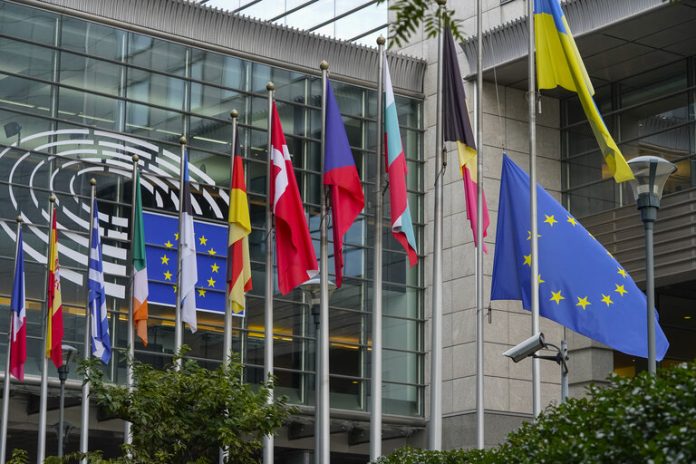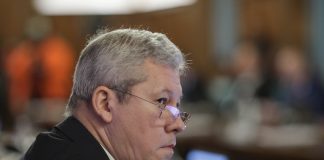The division of labor between the European Union and NATO needs to be clarified, and the joint declaration that recently reappeared on the discussion table should clarify this, expert in European security and defence policies Mihai Sebastian Chihaia with the European Policy Center NGO told Agerpres, in Brussels.
„Obviously, NATO takes care of European defence, but the EU can contribute, for example, to the resolution of various international crises. If we look back, we have the crisis in Afghanistan and the withdrawal from Kabul. An instrument would have been necessary there, that rapid reaction force, Rapid Deployment Capacity, had it existed in practice it could have been used there. There may be another case in the future in Sahel. That would probably be the division of labor in my opinion: the European Union would deal with external crises – with personnel and military, but also civilian – while NATO could focus only on traditional defence,” estimated the expert in European security and defence policies.
Asked what would happen to European defence and cooperation within NATO if former American president Donald Trump returned to power, Chihaia stated that even during the government of the former republican leader there has been a trend of supporting European investments for the development of defence capabilities .
As regards the Strategic Compass, the EU’s defence plan for the next ten years, Chihaia said that it contains over 50 objectives and many of them are connected to the rapid reaction force, which should be operational in 2025 and have up to 5,000 soldiers.
Asked what would be the most vulnerable areas in which EU-NATO cooperation should be focused in the context of the conflict in Ukraine, Mihai Chihaia said that they are „innumerable”, citing, among others, the coordination of arms production and joint arms purchases, climate change, fields related to software security, energy, protection of critical infrastructures.
Agerpres




